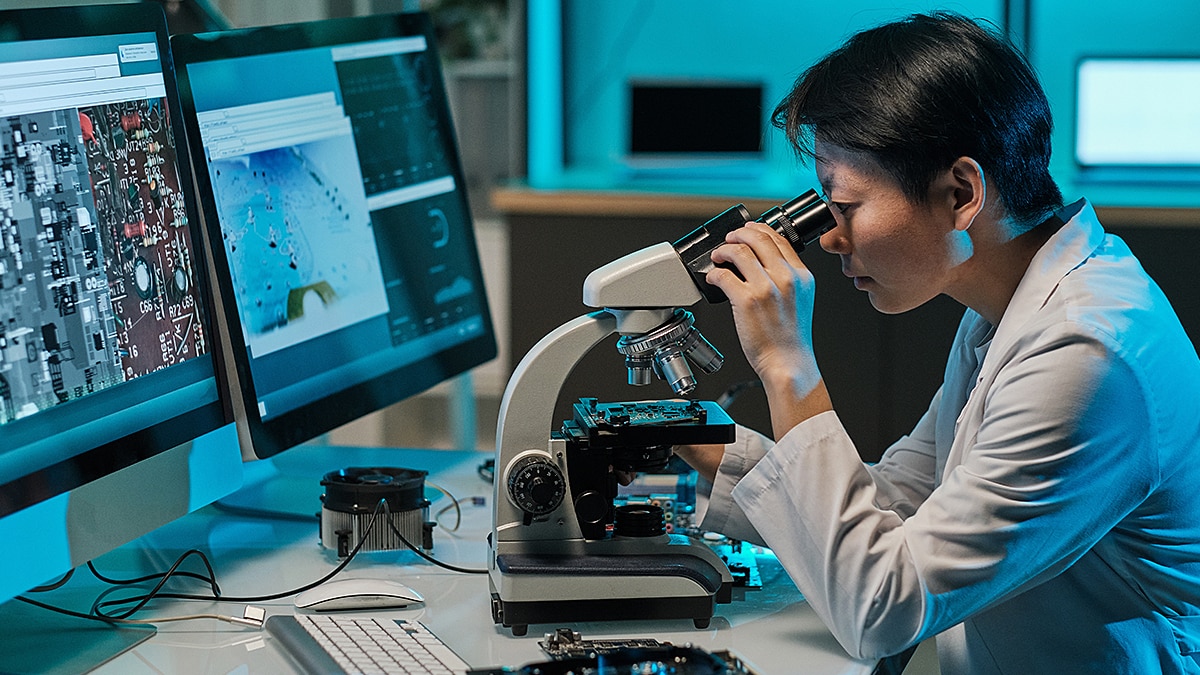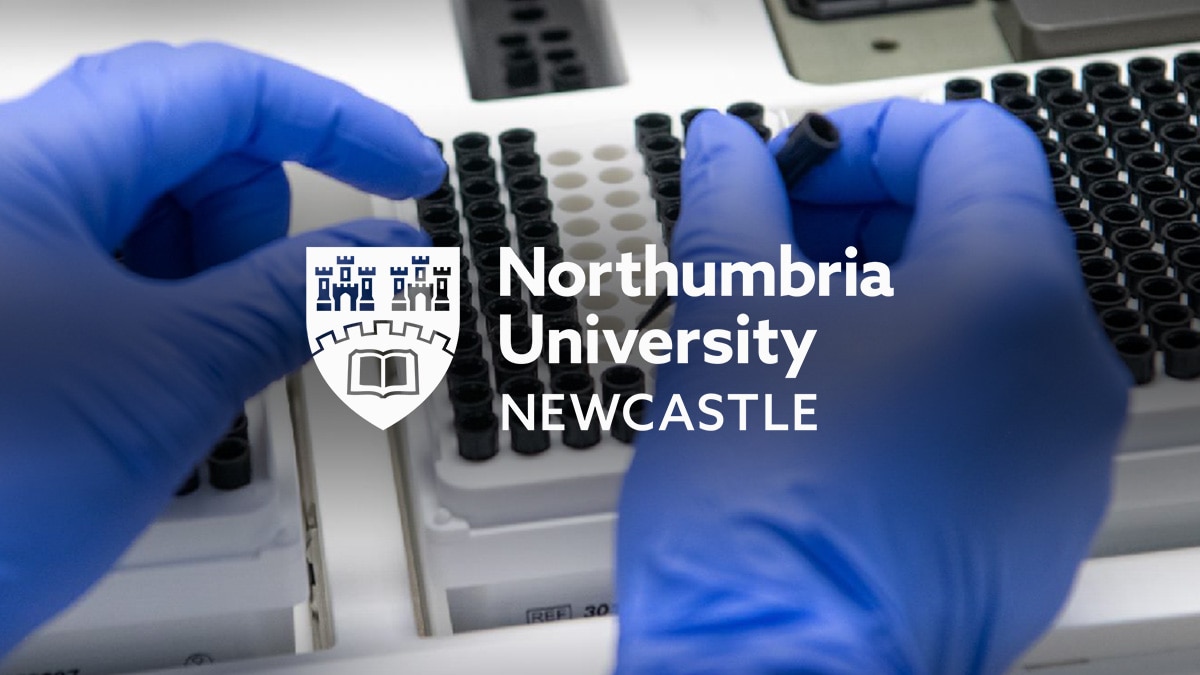Advancing high-performance computing in Thailand with AMD EPYC™ CPUs
NSTDA LANTA supercomputer accelerates research with AMD EPYC processors, delivering scalable performance and energy efficiency for future growth
Thailand’s National Science and Technology Development Agency (NSTDA) provides cutting-edge computational resources that empower researchers, industries, and government institutions to tackle complex problems. Central to this mission is the LANTA Supercomputer. Launched in 2023, LANTA is one of Southeast Asia's most powerful HPC systems, designed to drive innovation in fields such as artificial intelligence, precision medicine, environmental forecasting, and materials science.
To meet the high demands of Thailand's growing research community, NSTDA turned to AMD EPYC™ 7003 Series processors as the backbone of LANTA. NSTDA chose these processors for their exceptional flexibility, high core counts, and efficiency in handling a wide range of computational workloads. AMD EPYC 7003 Series CPUs offer advanced performance capabilities while maintaining energy efficiency, a crucial consideration for NSTDA in managing operational costs and environmental impact. With AMD EPYC technology, LANTA provides scalable, high-performance computing that accelerates research across multiple disciplines, positioning NSTDA at the forefront of scientific discovery in Thailand and beyond.

Overcoming scaling and sustainability challenges
NSTDA faced the challenge of ensuring that LANTA could meet current demands and scale for future workloads. LANTA needed to handle increasingly complex computations and massive data sets efficiently. The system’s architecture had to be versatile enough to support a variety of research applications without being optimized for any single task, ensuring maximum flexibility for researchers.
NSTDA also had to navigate the complexities of government procurement, ensuring that the technology selected would deliver the best performance within budgetary constraints. Given the power demands of an HPC system of this magnitude, NSTDA also required a solution that could minimize operational costs by reducing power consumption while maintaining top-tier performance. Energy efficiency was also essential for aligning with Thailand’s environmental sustainability goals.

Power and efficiency combine to deliver scalable performance
To meet the technical demands of LANTA, NSTDA selected AMD EPYC 7003 Series processors deployed across 160 CPU nodes alongside 176 GPU nodes. As Rattapoom Tuchinda, Ph.D., Vice Director NSTDA Supercomputer Center, explained, “The AMD EPYC 7003 CPU stood out for its high core count, large cache size, and fast PCIe bandwidth. These features are critical for handling the demanding workloads that we have." With its multi-core architecture and advanced memory support, the AMD EPYC 7003 CPU provided the scalability and responsiveness NSTDA needed to ensure that LANTA could efficiently support even the most advanced scientific research.
NSTDA also introduced liquid cooling technology to LANTA, a first for Thailand. The energy efficiency of the Zen 3 core architecture in AMD EPYC 7003 Series processors played a crucial role in reducing energy consumption and, when combined with liquid cooling, further amplified the system's overall energy savings. "We calculated that combining AMD EPYC 7003 processors with liquid cooling reduces our electricity cost by 30%," explained Tuchinda. This combination allows NSTDA to maintain high performance while significantly lowering operational costs, ensuring that LANTA can operate sustainably without compromising its computational power.
LANTA required a collaborative ecosystem of partners working together to build and optimize the system for long-term success. Tuchinda noted, "We don’t view AMD as just a chip vendor. We view AMD as a partner. I’m happy that the local AMD team feels the same." Through this partnership, NSTDA created a supercomputing platform that is both powerful and adaptable, enabling researchers across Thailand to tackle pressing scientific challenges.

Breakthrough performance leads to real-world impacts
LANTA achieved a remarkable performance benchmark with an 8.15 PFlop/s HPL score, securing its place as the 70th most powerful supercomputer globally and the first in ASEAN. Tuchinda explained, "These rankings were a significant achievement for us, but most importantly, they demonstrate LANTA’s ability to support a wide range of HPC applications at scale." He continued, "With AMD EPYC CPUs, we’ve been able to speed up our simulations by three times compared to our previous system, conduct more experiments concurrently, and better allocate resources. We’re able to explore new research much faster than before."
LANTA’s impact extends beyond numbers on a leaderboard by delivering tangible research results. In collaboration with Thailand's Pollution Control Department, LANTA reduced the time required to predict the occurrence of hazardous air pollution above 2.5 parts per million from 11 hours to just 45 minutes. Tuchinda explained, "The reduction in processing time allows us to provide near real-time air quality data, which directly impacts public health monitoring and policy decisions." Additionally, LANTA plays a crucial role in advancing AI research, particularly in training large language models (LLMs), where the high core counts and scalability of AMD EPYC 7003 CPUs allow researchers to process vast amounts of data efficiently.

Navigating complex procurement while meeting heavy workload demands
As a government agency, NSTDA is required to adhere to strict policies, making its decision-making process more complex. “Even though we were bound by procurement regulations, the EPYC processors still proved to be the best fit for our needs, both technically and cost-effectively,” explained Tuchinda.
NSTDA faced some typical HPC deployment challenges. However, AMD EPYC 7003 Series processors offered the flexibility needed to efficiently manage even the heaviest AI and computational research data workloads. NSTDA leveraged the AMD EPYC CPU's advanced architecture to optimize memory usage across cores, ensuring even the most demanding applications ran smoothly. As Tuchinda noted, "The AMD EPYC architecture gave us the flexibility we needed to meet the high demands of our workloads." This adaptability made AMD EPYC 7003 Series processors ideal for maintaining performance across diverse research applications.
Building the future with ongoing support from AMD
NSTDA continues to monitor HPC trends, and with growing demands in AI, environmental modeling, and other research, AMD is set to play a vital role in these enhancements. Reflecting on its partnership, Tuchinda added, "AMD is a top vendor, and I’m looking forward to doing more with them in the future in terms of ecosystem building and collaboration. We’re excited about the future possibilities with ongoing AMD support."
About the Customer
The National Science and Technology Development Agency (NSTDA) is a leading government agency in Thailand, founded to promote advancements in science, technology, and innovation. Affiliated with the Ministry of Higher Education, Science, Research and Innovation, NSTDA supports national development by collaborating with partners across academia, government, and industry. It manages five key research centers and drives initiatives in research and development, technology transfer, and capacity building to enhance Thailand’s global competitiveness. For more information, visit nstda.or.th.
Case Study Profile
- Industry:
Supercomputing & Research - Challenges:
Handle complex computations and large datasets across diverse research fields, while adhering to government procurement regulations and minimizing energy consumption - Solution:
Deploy AMD EPYC™ 7003 Series processors across 160 CPU nodes, paired with liquid cooling technology to enhance energy efficiency and scalability - Results:
AMD enabled a 3x speed increase in simulations, a 30% reduction in electricity costs, positioning LANTA as the 70th most powerful supercomputer globally - AMD Technology at a Glance:
AMD EPYC™ 7003 Series processors










